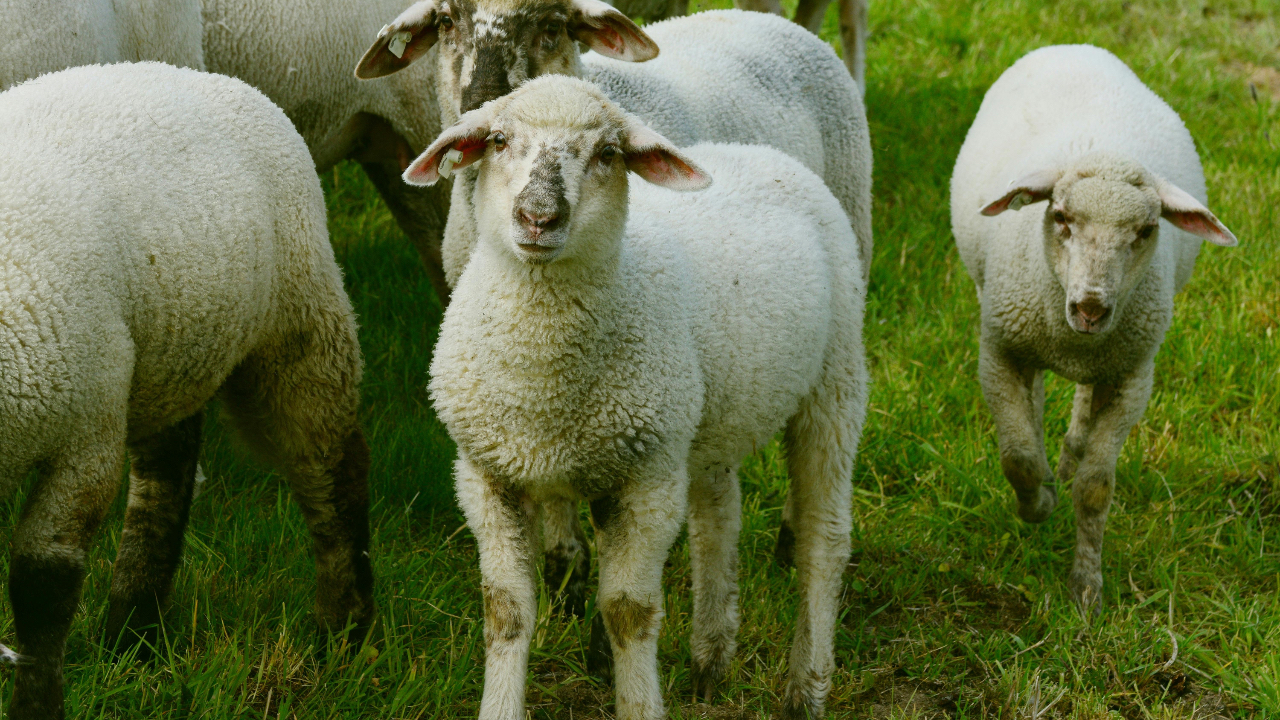What Cain and Abel Teach Us About Generosity

According to the Bible, giving is a priority. But for most people, generosity is something they consider only after everything else has been taken care of. The bills get paid, the needs are met, a few wants are satisfied, and then, if there happens to be something left, they look at what they’re comfortable parting with and give that amount. In other words, giving becomes an afterthought instead of a starting point.
Scripture teaches something radically different. Proverbs 3:9 says, “Honor the Lord with your wealth and with the best part of everything you produce.” This is known as the “firstfruits principle,” a teaching that puts God first not only in word or intention but in financial practice.
Throughout the Bible, we are called to give our first and best to God. He is not interested in our leftovers or the spare change of our lives. He wants to be first in our priorities, not an optional line in the budget if things happen to work out that month.
Genesis 4 gives us a vivid illustration of this principle in action. Two brothers, Cain and Abel, both brought offerings to God. Abel, a shepherd, presented the firstborn of his flock. This wasn’t just any animal—it was the first and best of what he had. God was pleased with Abel’s offering. Cain, a farmer, also brought something from his fields. But unlike Abel’s offering, God was not pleased with it.
Why the difference? Was God simply in the mood for lamb over lentils? Did He prefer ribeye to radishes? Of course not. The issue went far deeper than the category of the gift.
Hebrews 11:4 explains what Genesis only hints at: Abel’s gift was offered in faith. He gave the firstborn of his flock, the most valuable and important part. In an agricultural world, the firstborn wasn’t just symbolic—it represented the future. Abel had no guarantee there would be more healthy animals born that season. It was entirely possible that the firstborn would be the only one. But Abel trusted God more than he trusted his possessions. He believed that the God who provided once would provide again. So, by faith, he gave his first and his best.
Cain’s offering revealed something different. God’s displeasure with Cain wasn’t about vegetables. The problem wasn’t the category of the offering, it was the condition of the heart. Cain’s gift likely didn’t represent his first and best. It probably reflected whatever he could spare after his own needs were covered. His gift wasn’t rooted in trust. It was rooted in convenience.
Abel’s gift was a priority. Cain’s gift was not. That distinction reverberates through Scripture and speaks directly to us today.
For many of us, prioritizing our giving means we intentionally give a portion of our gross income before it is used for anything else. It means giving is not what happens if there’s money left over—it’s one of the first things that happens. This practice isn’t about legalism or checking a religious box; it aligns with the firstfruits principle woven throughout Scripture.
In practical terms, this may mean setting up automated giving before other expenses come out. It may mean adjusting lifestyle choices so generosity doesn’t get squeezed out by impulse or habit. It may mean putting God’s mission before our personal margin. Whatever the application, the heart behind it is the same: trust.
And we don’t practice this kind of giving in isolation or without an example. We have a God who leads by doing. John 3:16 reminds us that God gave His one and only Son, His first and His best, not after humanity proved itself worthy, but while we were still sinners. God didn’t wait to make sure there was something left. He initiated, He prioritized, and He sacrificed.
Giving, then, is not just a financial decision. It is an act of worship and faith. It declares where our trust lies. It reveals what we value. And according to Scripture, it’s not a peripheral spiritual activity; it’s a priority.
When we give our first and best to God, we are not just following a principle. We are reflecting His heart.

